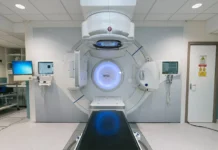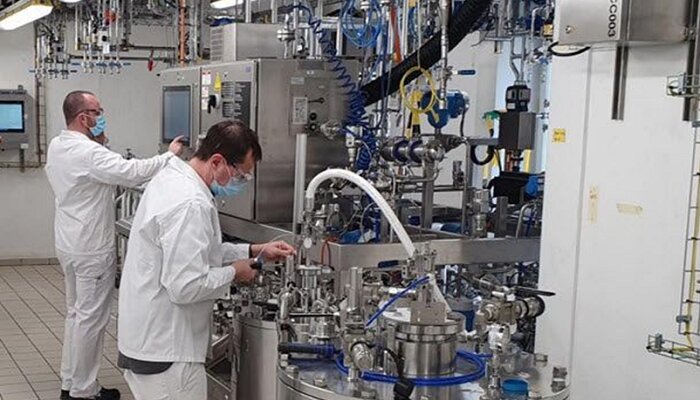Oligonucleotides are short, single or double-stranded fragments of DNA or RNA that can be used for therapeutic purposes. Originally, there was an emphasis on using this new drug modality for treating rare diseases, yet they have also shown great potential to be used for more common diseases.
Bachem, a leading CDMO in peptide and oligonucleotide manufacturing, recognized this shift in demand and the growing need to manufacture oligonucleotides at high capacity.
Daniel Samson, head of oligonucleotides at the company, stated: “Whilst rare diseases were the first targets, there is now a growing demand to use these therapeutics to treat larger numbers of patients for common diseases. This means that a lot more capacity is needed.”
To meet these requirements, Bachem expanded its manufacturing capacity for large-scale active pharmaceutical ingredients (APIs) by building new facilities for the purpose of producing oligonucleotide APIs.
However, this growth in scale and demand brings new challenges when it comes to sustainability, supply chains, cost, and quality, which all need to be considered.
Samson said: “When it comes to commercial demand for larger indications, we’re looking at metric tons of just one single molecule, which means adjustments need to be made to equipment and manufacturing processes.”
To overcome these challenges, Bachem has invested in new facilities, staff and innovative solutions. These innovations include the implementation of new automation methods and technologies for synthesis and purification, such as continuous chromatography on a commercial scale. High-quality processes are still followed, whilst helping to lower carbon footprints and solvent consumption. This is why Bachem chooses to continue investing in capital expenditure to expand facilities and create more innovative tools.
Sansom said: “We are ready to grow. We’re now investing in new buildings and even an additional site to keep up with demand. Our aim is to become one of the leading contract development and manufacturing organisations (CDMO) for peptides and oligonucleotides by offering our customers end-to-end services for their compounds, from process development through to commercialisation.”




















